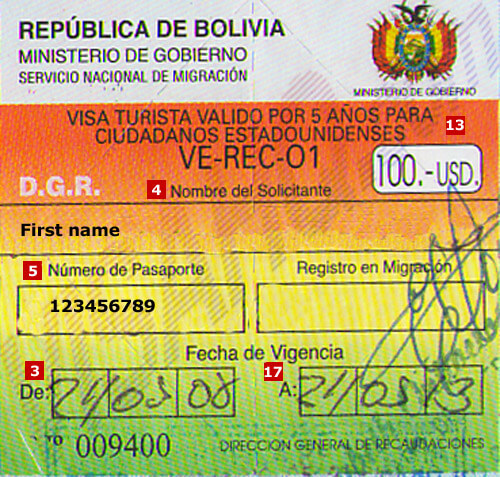Bolivia Embassy list in Mozambique
Need help?Chat with us
Why Trip Registration at the Bolivia, Plurinational State of Embassy is Important
Registering your trip with the Bolivia, Plurinational State of embassy is crucial for ensuring your safety and well-being while abroad. By registering, you establish a direct line of communication with the embassy, enabling them to reach you in the event of emergencies—be it natural disasters like earthquakes or floods, political unrest, or medical emergencies. For instance, during political protests, the embassy can provide safety updates and evacuation plans, helping you navigate chaotic situations. Furthermore, if you were to fall ill or encounter medical issues while in Mozambique, the embassy would have your information on file, allowing them to assist you quickly. Ultimately, trip registration is a proactive measure to enhance your travel experience by ensuring you have support and resources when unexpected challenges arise.
Bolivia, Plurinational State of Embassy FAQs
Can the Bolivia, Plurinational State of embassy assist in legal issues abroad?
Yes, the embassy can provide information and support related to legal issues abroad, including how to find local legal representation and understanding your rights.What should I do if I lose my Bolivia, Plurinational State of passport in Mozambique?
If you lose your passport, immediately report it to the nearest Bolivia, Plurinational State embassy. They will guide you through the process of obtaining a replacement and may require a police report.Are there any specific travel advisories for Bolivia citizens traveling to Mozambique?
The embassy regularly updates travel advisories based on security and health assessments in Mozambique. It is recommended to check these notices before and during your stay.Does the Bolivia, Plurinational State embassy provide assistance for local emergencies?
Yes, the embassy can assist with communication and support during local emergencies, including natural disasters and civil unrest.What legal documents do I need for assistance from the embassy?
You should carry identification, such as a national ID or passport, and any necessary legal documents that pertain to your situation.
Services Provided by Bolivia, Plurinational State of Embassies in Mozambique
Passport Services
- Issuance of new passports
- Renewal of existing passports
- Lost passport replacement
Visa Issuance for Foreign Nationals
- Processing visa applications for Bolivian nationals
- Information on visa requirements for foreign visitors
Assistance in Legal or Medical Emergencies
- Support in finding legal representation
- Guidance for medical assistance and hospitals
Travel Alerts and Safety Updates
- Providing travel advisories for safe travel
- Constant updates on environmental and political situations
Support for Nationals Detained Abroad
- Assistance during legal detentions
- Coordination with local authorities for legal representation
Summarized Diplomatic Presence
The Bolivia, Plurinational State maintains a robust diplomatic presence in Mozambique, primarily through its embassy located in the capital city, Maputo. The embassy serves various essential functions, including facilitating bilateral trade, fostering cultural exchanges, and supporting Bolivian citizens in Mozambique. By engaging in diplomatic dialogue and collaborations, the embassy plays a vital role in strengthening the relationship between Bolivia and Mozambique. This presence not only enhances mutual understanding but also works to address common challenges, making it a cornerstone of international relations within the region.
